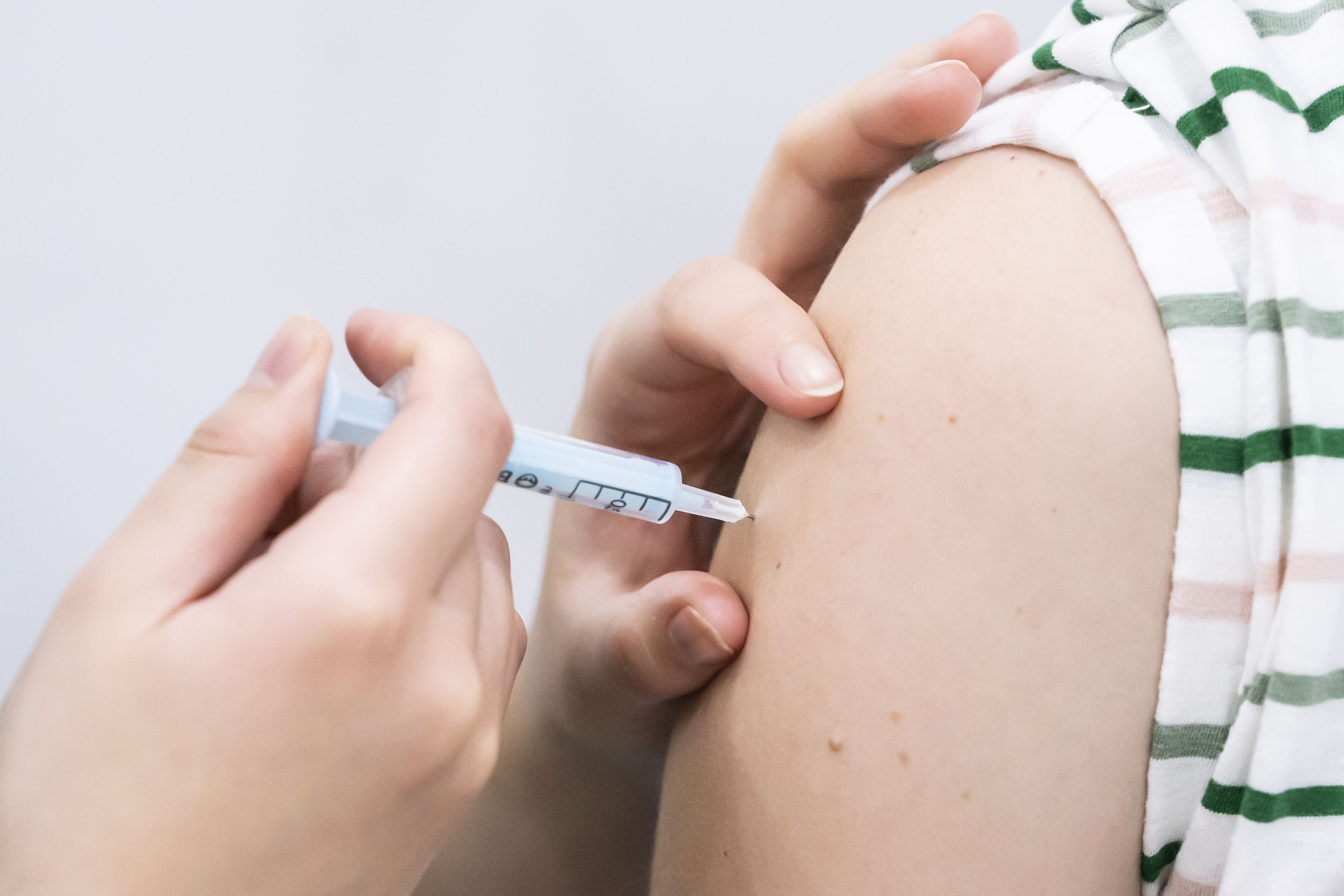Human vaccine trials begin in UK for brain swelling Nipah Virus
Nipah virus is a devastating disease that can be fatal in 75 per cent of cases

Scientists are assessing whether a world-first Nipah virus vaccine is safe and effective (PA)
The University of Oxford has launched a new clinical trial to test a vaccine against the deadly, brain-swelling Nipah virus.
Over the last week people have received the jab as part of the first human trial of the new vaccine.
If clinical trials are successful it would be the first ever vaccine for the disease.
What is Nipah Virus?
Nipah virus is a devastating disease that can be fatal in around 75 per cent of cases.
Outbreaks have occurred in countries in South-East Asia, including Singapore, Malaysia, Bangladesh and India, with a recent outbreak in Kerala, India in September last year.
Nipah virus can be transmitted to humans from animals, such as bats or pigs, or contaminated foods and can also be transmitted directly from human-to-human.
Infection, first discovered in 1998, commonly carried by fruit bats
The virus was first identified 25 years ago but there are currently no treatments or vaccines available to help when outbreaks emerge.
Nipah virus is recognised by the World Health Organization as a priority disease requiring urgent research and belongs to the same family as measles.
The virus was first identified 25 years ago but there are currently no treatments or vaccines available to help when outbreaks emerge.
But the new vaccine, ChAdOx1 NipahB, could be the first if it reaches safety and efficacy expectations.
What are the symptoms of Nipah Virus?
People with the virus can display symptoms of minor respiratory discomfort. In some cases it can cause severe respiratory distress or fatal encephalitis (swelling of the brain).
According to the Disease Control and Prevention (CDC), symptoms frequently start with headaches and tiredness but swiftly develop into a coma within days.
The virus is included in the World Health Organisation’s list of pathogens with epidemic potential.
How does the vaccine work?
The jab was developed using the same “viral vector” vaccine technology found in the the University of Oxford and AstraZeneca’s Covid-19 vaccine.
Around 50 people aged 18 to 55 will participate in the trial, which is being led by the Oxford Vaccine Group and is being funded by the Coalition for Epidemic Preparedness Innovations (CEPI).
The project will run for 18 months, with further trials expected to follow in a Nipah-affected country.
Dame Sarah, principal investigator at the University of Oxford’s Pandemic Sciences Institute, said: “The University of Oxford’s work on the Nipah virus vaccine started in 2017, but was paused during the Covid-19 pandemic.
“Our work developing the Covid-19 vaccine will now help us prepare this Nipah vaccine for licensure, ensuring we’re ready to prevent future outbreaks of this devastating disease from spreading.”
Professor Brian Angus, the trial’s principal investigator and professor in infectious diseases at the University of Oxford, said: “Nipah virus was first identified in 1998, and yet 25 years on the global health community still has no approved vaccines or treatments for this devastating disease.
“Due to the high mortality rate and the nature of Nipah virus transmission, the disease is identified as a priority pandemic pathogen.
“This vaccine trial is an important milestone in identifying a solution that could prevent local outbreaks occurring, while also helping the world prepare for a future global pandemic.”
Dr In-Kyu Yoon, acting executive director of vaccine research and development at CEPI, added: “Nipah has epidemic potential, with its fruit bat hosts found in areas home to over two billion people.
“This trial is a step forward in efforts to build a suite of tools to protect against this killer virus.
“Knowledge gained could also inform development of other Paramyxovirus countermeasures.”
Subscribe to Independent Premium to bookmark this article
Want to bookmark your favourite articles and stories to read or reference later? Start your Independent Premium subscription today.

Join our commenting forum
Join thought-provoking conversations, follow other Independent readers and see their replies